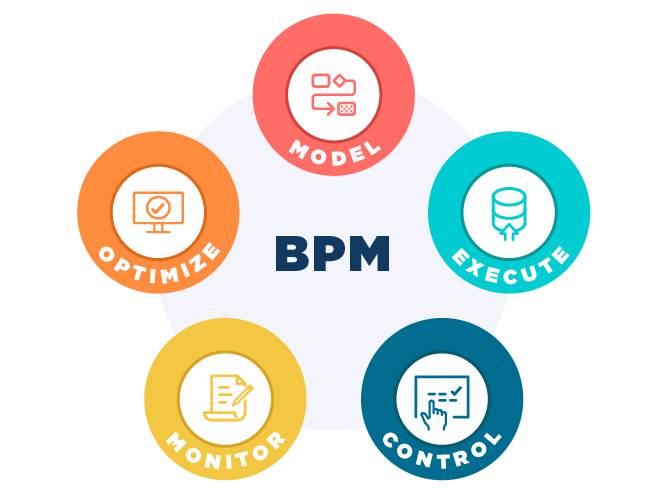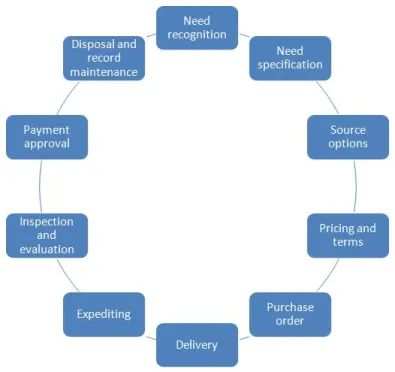Why Business Process Management is Crucial for Digital Transformation
- Jun 14, 2024
- 3 min read
In the age of digital disruption, businesses are under constant pressure to adapt and innovate. Digital transformation is no longer a buzzword but a necessity for companies aiming to stay competitive. Central to this transformation is Business Process Management (BPM), a systematic approach to improving an organization's workflows, making them more efficient, effective, and adaptable to changing environments. Here’s why BPM is crucial for successful digital transformation.
1. Streamlining Operations
Digital transformation involves integrating new technologies into all areas of a business, fundamentally changing how you operate and deliver value to customers. BPM plays a pivotal role in this integration by streamlining operations. By mapping out existing processes and identifying inefficiencies, BPM helps businesses automate routine tasks, reduce redundancy, and eliminate bottlenecks. This not only accelerates workflows but also ensures that the transition to digital tools and platforms is smooth and coherent.
2. Enhancing Agility
In today’s fast-paced business environment, agility is a key competitive advantage. Companies need to respond quickly to market changes, customer demands, and emerging opportunities. BPM provides the framework for this agility. By continuously analyzing and refining processes, businesses can swiftly adapt to new conditions. This iterative approach ensures that processes remain aligned with organizational goals, even as those goals evolve. Enhanced agility means companies can pivot strategies without extensive downtime or disruption.
3. Improving Customer Experience
A significant component of digital transformation is enhancing the customer experience. Customers expect seamless, personalized interactions with businesses across digital platforms. BPM enables companies to map and analyze customer journeys, identifying touchpoints where digital interventions can enhance the experience. By optimizing these processes, businesses can deliver faster, more efficient service, increasing customer satisfaction and loyalty. Moreover, BPM can help in integrating customer feedback into the process improvement cycle, ensuring continuous enhancement of the customer experience.
4. Ensuring Compliance and Risk Management
With the increasing reliance on digital tools, regulatory compliance and risk management have become more complex. BPM provides a structured approach to ensuring compliance by embedding regulatory requirements into business processes. This not only minimizes the risk of non-compliance but also simplifies the audit process. Additionally, BPM helps in identifying potential risks within processes and implementing controls to mitigate them. By having a clear, documented process, companies can ensure that they adhere to regulations and standards, thus avoiding costly penalties and reputational damage.
5. Driving Innovation
Digital transformation is as much about cultural change as it is about technology. It requires fostering a culture of continuous improvement and innovation. BPM encourages this mindset by promoting an understanding of processes and their outcomes. When employees see how their work fits into the larger business goals and are empowered to suggest improvements, it drives a culture of innovation. BPM tools often include features for modeling “what-if” scenarios, allowing businesses to experiment with new ideas and predict their impact before implementation.
6. Facilitating Data-Driven Decisions
One of the primary advantages of digital transformation is the ability to leverage data for strategic decision-making. BPM facilitates this by ensuring that data flows seamlessly through business processes. With a clear understanding of process performance, businesses can gather actionable insights. These insights help in making informed decisions, identifying new opportunities, and optimizing resource allocation. Furthermore, BPM tools often come with analytics capabilities that provide real-time data on process performance, helping businesses stay agile and responsive.
Conclusion
In conclusion, Business Process Management is not just an operational necessity but a strategic enabler of digital transformation. It streamlines operations, enhances agility, improves customer experience, ensures compliance, drives innovation, and facilitates data-driven decision-making. As businesses navigate the complexities of the digital age, BPM provides the structure and clarity needed to transform successfully. By embedding BPM into their digital transformation strategy, companies can not only survive but thrive in a rapidly evolving landscape.
SITES WE SUPPORT
SOCIAL LINKS




Comments